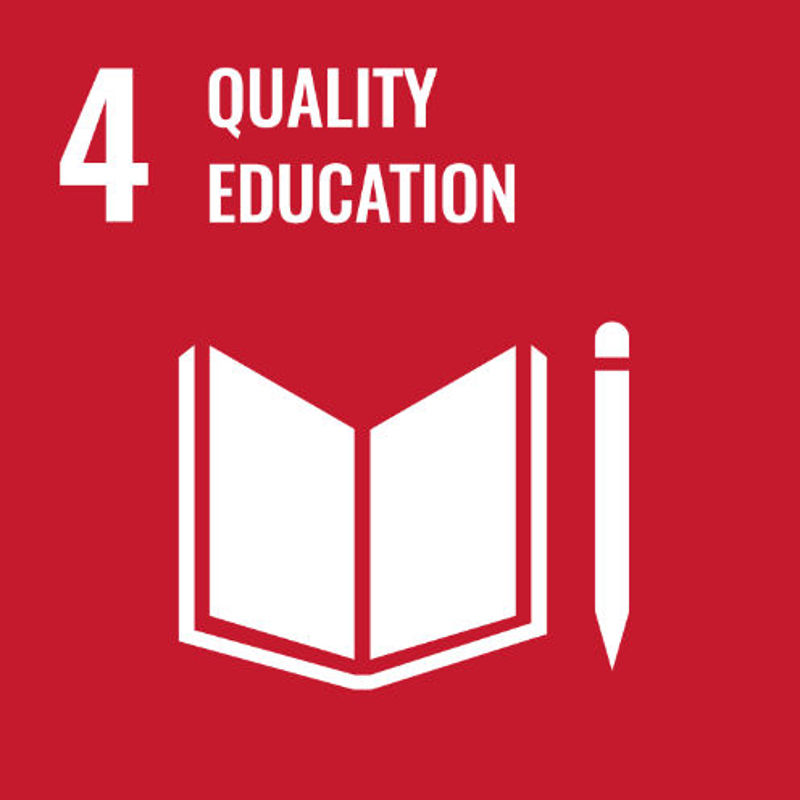The UN’s Sustainable Development Goals (SDG 4): Quality education. How Cotonea implements this goal in its projects

The UN’s Sustainable Development Goals (SDG 4) - quality education
The United Nations (UN) have agreed on 17 global Sustainable Development Goals (SDGs), to make the world a better place. They should be implemented by 2030. Cotonea, too, implements the 17 Sustainable Development Goals wherever possible.
Quality training and further education are vital when it comes to ecological cultivation in organic cotton projects. Ecological agriculture requires a great deal of specific know-how. Mistakes cause yield losses and a decline in quality. Training and further education in Cotonea’s ecological projects is systematised and teaches all required knowledge: from cultivating a piece of land to preparing and fertilising the soil to ecological pest control. Even sowing seeds requires specialist know-how (depth, spacing and the amount of seeds) and using water correctly plays a big part as well.
Cotonea grows its organic cotton in Uganda and Kyrgyzstan. For example, in Uganda well-trained agricultural specialists train the field officers. The field officers train the lead farmers and they continue to educate the village community. Therefore, a well-organised and functioning chain of education and training is in place.
Sadly, education isn’t always a given in many developing countries. Adults must understand the importance of education for the future of their children, in order for them to send the children to school. Cotonea also encourages this in its projects. This aspect is also checked during the Fair for Life certification.
Learning to manage money is also a foundation of this education. The farmers learn about money management with the Village Save and Loan Associations (VSLAs), the cooperative of the village communities.
The Fair Trade premium usually plays a big part in the ecological projects. With this, farmers from the projects’ village community are able to build, expand, or repair structures, such as their schools. Co-educational primary education is also guaranteed in the projects. Sadly, the Ugandan school system cannot give all children a good secondary or tertiary education due to poverty in the country, the high birth rate and large distances between communities. However, women profit from being able to save money from seasonal work for their studies.
There is no institutional pre-school education in Uganda or Kyrgyzstan. Children under the age of six play and learn with and in the community.
Cotonea’s contribution
In summary, our contributions towards achieving the UN’s fourth Sustainable Development Goal in the developing countries in which Cotonea works are as follows:
- Systematic education and further training in the area of ecological cultivation: well-trained agricultural specialists train the field officers, who in turn train the lead farmers, who in turn educate the village community.
- With the Village Save and Loan Associations (VSLAs), the people learn to manage money.
- The Fair Trade premium is used for building and repairing schools.
- Due to the seasonal work of the Cotonea projects, women can save money to study.